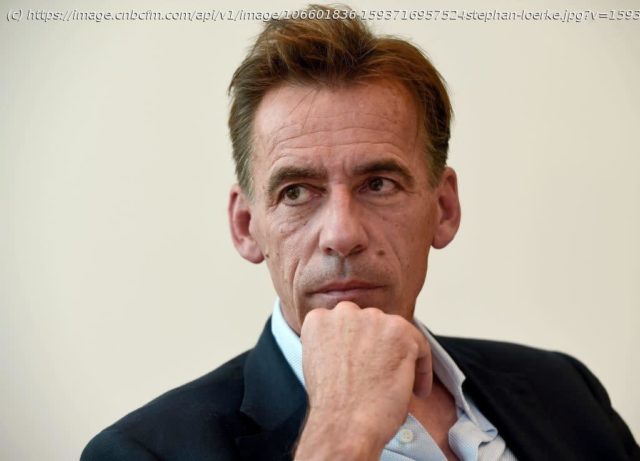World Federation of Advertisers CEO Stephan Loerke believes the slew of big brands publicly pausing social media advertising aren’t likely to come back until real change is made. “We moved from brand safety to, I think, societal safety.”
World Federation of Advertisers CEO Stephan Loerke says he believes the slew of big brands publicly switching off social media advertising aren’t likely to come back until real change is made.
“I don’t see those big brands come back if there hasn’t been structural change,” Loerke said in an interview with CNBC. “That’s my take on the basis of my conversations with them.”
The trade group’s 120 members, which include PepsiCo, P&G and Diageo, represent 90% of global marketing communications spending, the group says. In a recent survey of 58 of those companies, the WFA found that 31% of respondents had already decided to withhold or were likely to withhold social media advertising. 41% said they were undecided, and 29% said they were unlikely or not planning to withhold.
The survey comes as major advertisers from Unilever to Starbucks have announced various degrees of pauses to their social media advertising budgets, following a campaign called “#StopHateForProfit” by a group of organizations calling on advertisers to boycott Facebook for the month of July.
Although Facebook has spent recent weeks trying to stanch the departure of ad dollars with meetings and memos, an address from CEO Mark Zuckerberg to employees, reported by The Information on Wednesday, suggested the company doesn’t plan to make changes based on the demands of advertisers. Zuckerberg reportedly said though the boycott posed reputational issues, his guess was “that all these advertisers will be back on the platform soon enough.”
Loerke told CNBC that he’s aware temporary pauses aren’t likely to ding Facebook financially, but that they signal a larger sea change in how companies are thinking about social media.
Home
United States
USA — Financial The CEO of a major advertising trade group says the Facebook boycott...






